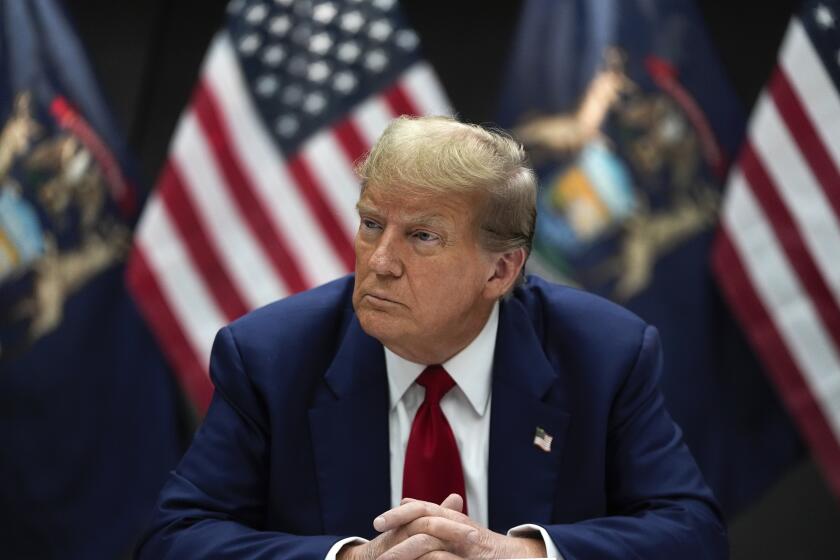Former President Trump made his stance on abortion for the 2024 election known, stating that he supports leaving it up to states to determine abortion access, which has been the status quo since the Supreme Court overturned nationwide abortion access in 2022. President Biden’s campaign responded by saying that despite Trump’s claims he would leave it to states, he would actually support a national ban on abortion if elected. The debate over how states have handled abortion access since the overturning of Roe vs. Wade has been reinvigorated by Trump’s announcement.
The 2022 Dobbs case saw the Supreme Court abolish nationwide abortion access, giving states the decision-making power on the issue. Some states immediately enacted trigger laws outlawing abortion, while others have sought to curtail abortion access to different degrees. Trump’s announcement acknowledged the varied status of abortion rights across states and emphasized the importance of following the will of the people, religion, or faith. However, the impact of having different laws state by state on healthcare access was highlighted by Planned Parenthood of California’s president.
The Arizona Supreme Court recently ruled that the state can enforce its 1864 law criminalizing abortions, except when a mother’s life is at risk. However, advocates have gathered enough signatures to put the issue on the ballot in November, ultimately giving voters the power to decide. In states like California and Ohio, voters have used ballot initiatives to protect abortion rights, while others like Maryland look to enhance reproductive freedom through constitutional amendments.
The results of the 2022 midterm elections, following the Dobbs decision, were seen as a referendum on abortion access, with many voters motivated by the issue. While Republicans gained control of the House of Representatives, they did not achieve the sweeping victory they had hoped for. Republican politicians have been split on messaging about the next steps following the overturning of Roe vs. Wade, with disagreements on what measures to advocate for next. Some, like Sen. Lindsey Graham, have called for stricter measures, while others, like Trump, have criticized those pushing the issue.
The debate over abortion access also extends to the federal level, with many advocating for federal legislation on abortion policy, including protections for pro-life policies, conscience rights, and limits on taxpayer funding for abortion. The issue has been a divisive one within the Republican Party, with Trump and others warning against focusing too much on abortion and potentially harming the party’s electoral prospects. Polls show that the majority of Americans believe women and their doctors should make decisions about abortions, rather than lawmakers.


